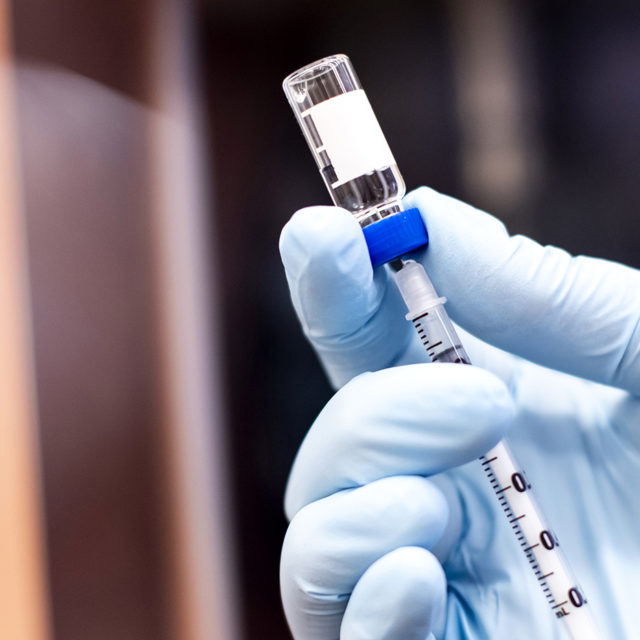Since the beginning of the pandemic, the shortage of nurses in the United States has become devastatingly apparent. But nurses aren’t the only healthcare workers in limited supply in the U.S.
The number of primary care doctors has also declined in recent decades despite soaring demand for their services, says Tim Hoff, professor of management, healthcare systems, and public policy at Northeastern. Just as it brought attention to the nurse shortage, the pandemic is highlighting this other hole in the healthcare system.
Hoff, who is the author of Next In Line, a book about the importance of patient-doctor trust, believes the lack of long-term relationships between patients and doctors could affect people’s willingness to receive a COVID-19 vaccine.
“There are people who don’t trust the safety of the vaccine. They need an expert voice to answer their questions and help them get past their anxieties,” says Hoff, who recently wrote an article on the subject in Medical Economics.
Hoff remembers one instance when he was in this exact position. His son was supposed to receive multiple vaccines during one doctor’s visit, and Hoff had questions about whether receiving all of the immunizations in a short period of time was safe.
“We discussed it for about 20 minutes, but if I hadn’t had that conversation with a doctor I already trusted, I might not have let my son get all those vaccines at once,” Hoff recalls.
Primary care doctors are becoming more scarce partially because of the trend toward alternative healthcare facilities such as retail health clinics or urgent care centers. “For a lot of people, these are cheaper and more convenient,” Hoff says. “But there’s no relationship formed between the patient and the provider in these one-off visits.”




